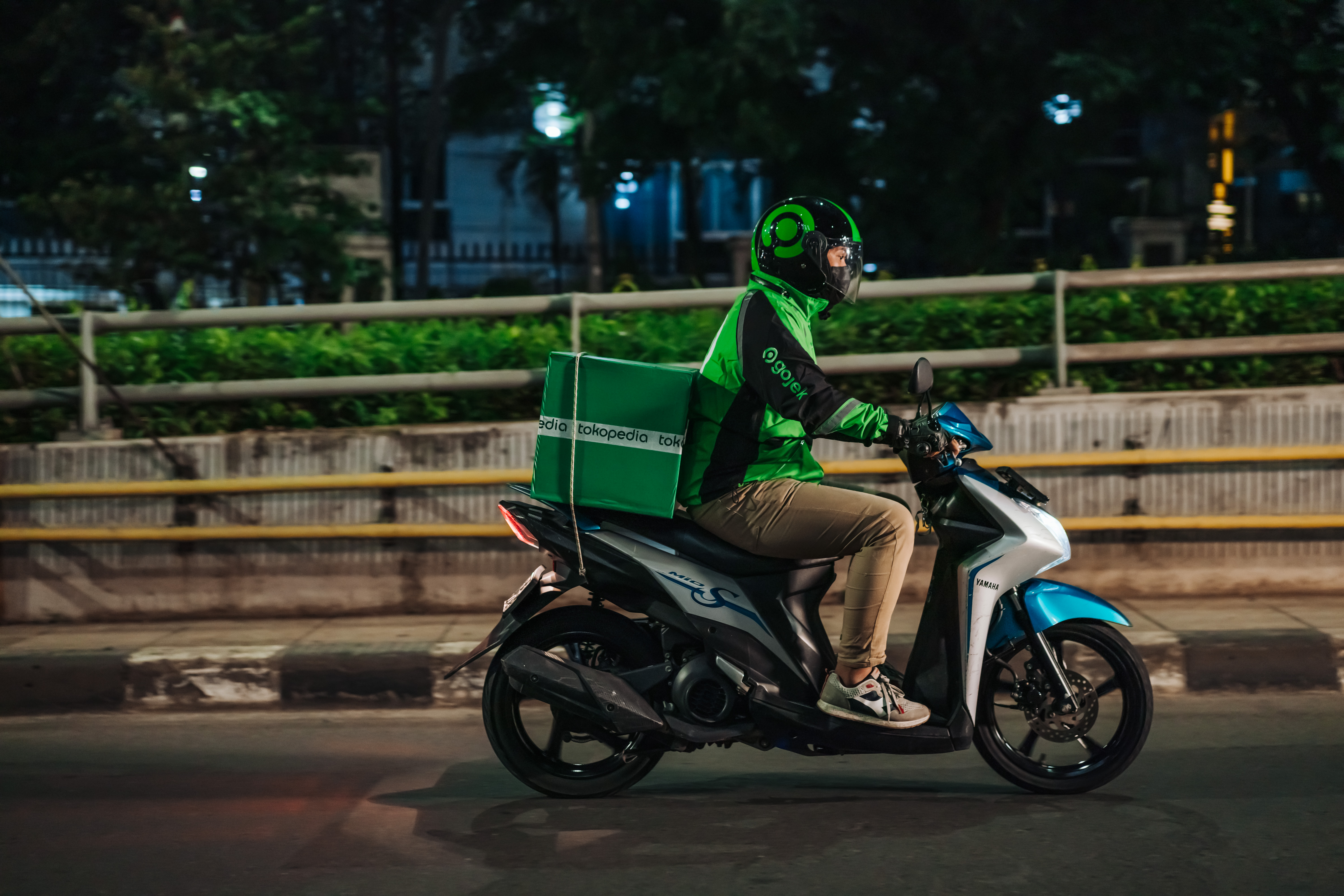Indonesian ride-hailer Gojek is partnering with Singapore’s largest taxi operator ComfortDelGro to combat driver shortages that are weighing on some of the region’s biggest tech companies.
The two-year partnership aims to give Gojek users in the city-state greater access to ComfortDelGro’s 10,000-strong taxi fleet through its ride-hailing app, the two companies announced on Monday.
Taxi drivers in Singapore can opt to drive for any ride-hailing service, and some individual ComfortDelGro drivers are already signed up to Gojek’s app. The ride hailer said it is now looking to bring a greater number on board.
The two companies also agreed to share other resources, including electric vehicles, and to collaborate in areas such as insurance, driver training and vehicle maintenance.
Gojek is the ride-hailing arm of superapp operator GoTo, whose other half is e-commerce company Tokopedia.
“Drivers are a critical element within Singapore’s transport infrastructure and I hope this announcement will encourage more driver-partners to consider joining or returning to our platform,” said Gojek Singapore’s General Manager Lien Choong Luen.
Ride-hailing services like Gojek and its Singapore-based rival Grab are grappling with driver and fleet shortages as Southeast Asian economies start to reopen from the COVID-19 pandemic, when many drivers left the services during the lockdowns.
The shortage of drivers has sometimes resulted in longer waiting times for users and higher fares during peak hours. As more commuters and tourists return to these services, Gojek and Grab have been competing to lure drivers through incentives that are weighing on the already loss-making companies.
Earlier this month, Grab said its monthly average active drivers for the July-September period was 80% of what it was in the last quarter of 2019, before the pandemic. Incentives to drivers and other “partners,” who are not classed as employees, totaled USD 199 million for the quarter, up 6% from a year ago.
Meanwhile, GoTo said its gross transaction volume for its mobility services for the same period more than doubled from a year ago, though it was still at 94% of the pre-pandemic level.
Grab has a total of more than 5 million registered driver partners in eight Southeast Asian countries, while Gojek has 2.6 million drivers in Indonesia, Vietnam and Singapore.
In a statement on Monday, ComfortDelGro’s Private Mobility Group CEO Jackson Chia said the collaboration with Gojek will “improve the level of service to commuters as having a bigger pool of drivers means less waiting time for them.”
Another reason for the driver shortage, according to Grab, is specific to Singapore. The city-state controls the number of private vehicles through certificates of entitlement (COEs), which buyers must obtain in a bimonthly auction before they can purchase a car.
Despite rising inflation and energy costs, Singapore has seen a sharp increase in COE prices this year as the government reduced the number of certificates up for grabs.
In a bidding process earlier this month, COE prices rose significantly across all categories, with the most exclusive “open category” hitting an all-time high of SGD 116,577 (USD 84,611).
During an earnings call earlier this month, Grab’s COO Alex Hungate said the company has seen a tight driver supply in several Southeast Asian markets, including Singapore.
Despite Grab having a backlog of would-be drivers, Hungate said the city-state’s strict cap on vehicles “has resulted in an imbalance between supply and demand, which is driving up the cost of vehicles.”
He added that the company is improving the earnings for its drivers by using technologies like artificial intelligence “to help them get even more efficient during the day.”
This article first appeared on Nikkei Asia. It has been republished here as part of 36Kr’s ongoing partnership with Nikkei.

